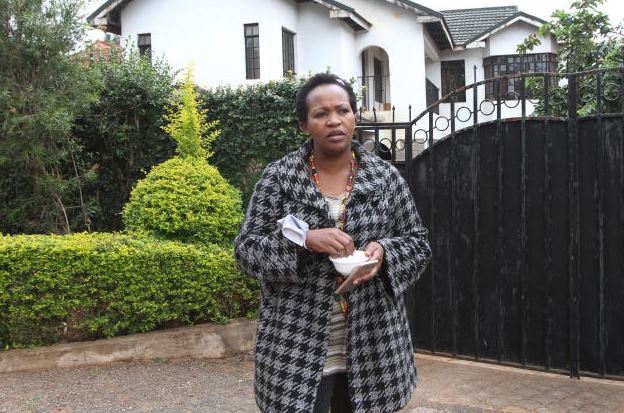×
The Standard e-Paper
Home To Bold Columnists

David Watene is a man of few words. This is expected of an economist mostly proficient in the language of numbers.
In his heydays, he travelled around the world to negotiate with various financial institutions on behalf of the Government, his long-time employer, and where he rose to the level of an undersecretary at the National Treasury.